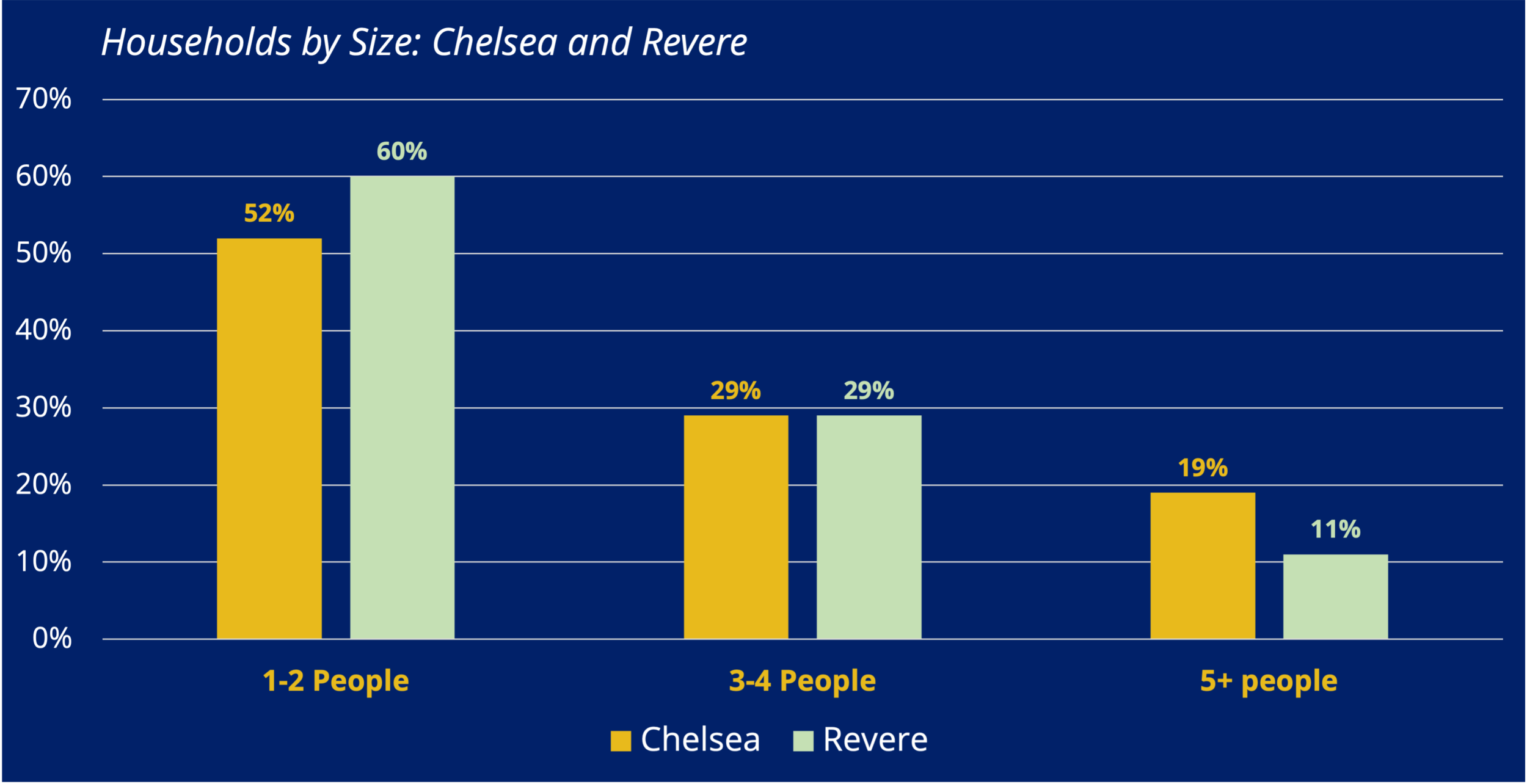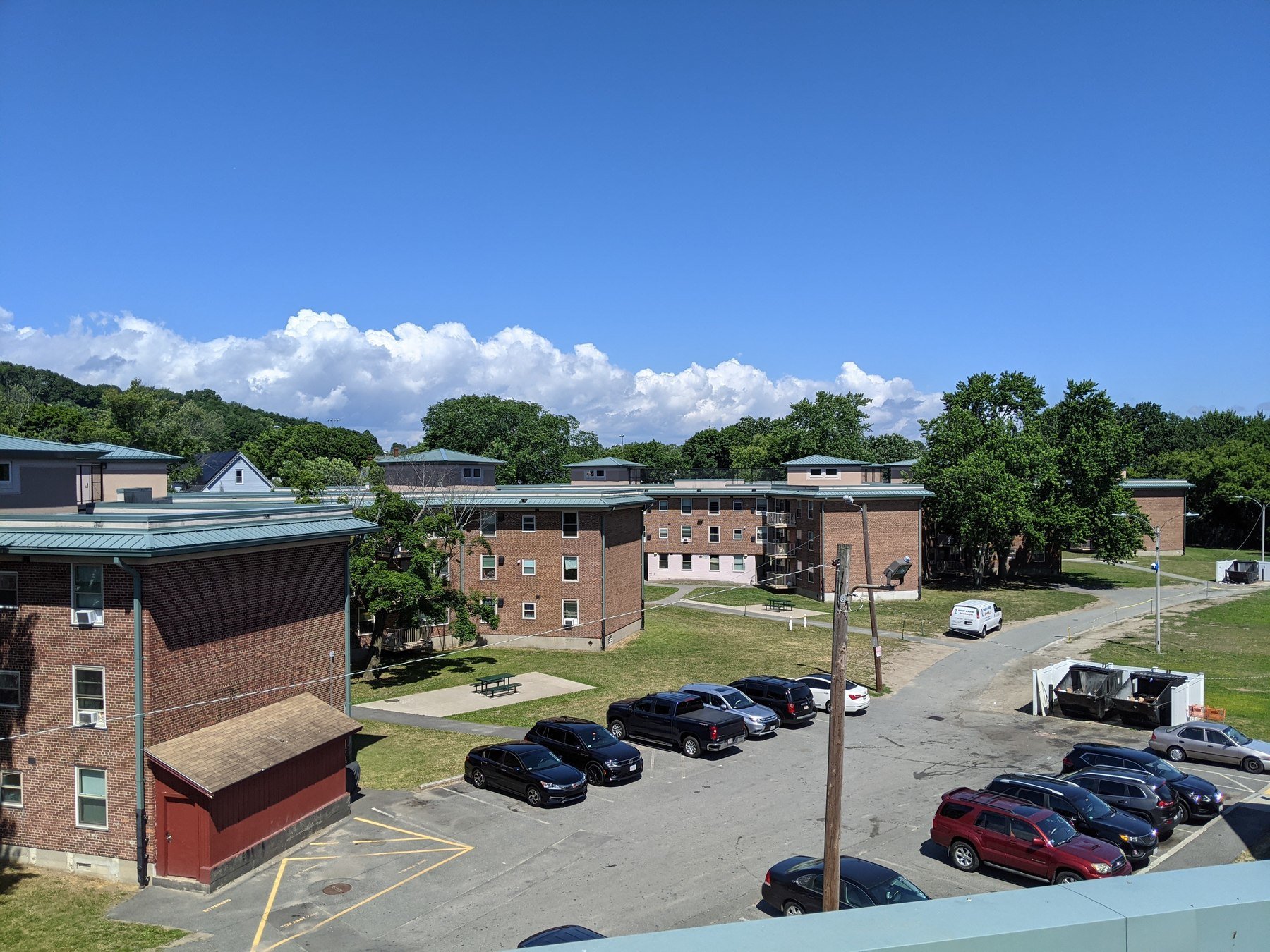Informing a Regional Approach to Digital Access & Equity
Josh Eichen, Program Manager for Partnerships

Agenda
Measuring Digital Equity Gaps
Federal Funding Outline
How you can get involved!
Digital Equity Projects Supported by MBI
Defining Digital Equity
About MBI
Meeting Goals
Establish a shared understanding of Digital Equity and Access concepts.
Identify ways session attendants can begin to engage in addressing Digital Equity gaps on the Cape.

Outline the future State and Federal Broadband / Digital Equity funding
Who's Job is it to Solve the Digital Divide?
Planners
Libraries
School Districts
IT Directors
Housing Authorities
Healthcare Providers
Workforce Boards
Community Based Organizations
Elected Officials
Private Sector


MBI’s mission is to make affordable high-speed Internet available to all homes, businesses, schools, libraries, medical facilities, government offices, and other public places across the Commonwealth. MBI works closely with key stakeholders to bridge the digital divide in Massachusetts.


MBI provided OpenCape with $5 million in state matching funds that helped OpenCape to leverage a $32 million federal stimulus award in 2010.
MBI has also established free public WiFi hotspots in a number of Cape Cod communities
Defining
Digital Equity
Digital Equity:
- Digital equity is a condition in which all individuals and communities have the information technology capacity needed for full participation in our society, democracy, and economy. Digital equity is necessary for civic and cultural participation, employment, lifelong learning, and access to essential services.
Source: National Digital Inclusion Alliance
Three Determining Factors of Digital Access



Connection
Adequate Device
Literacy
Fast
Affordable
Router
Personal Computer /Laptop
Use of Technology
Ensuring functioning equipment
Evaluating quality of information and privacy risks
Implications
Digital Equity Gaps Impact:
- Social Connectivity
- Workforce Readiness
- Civic Participation
- Healthcare Access
- Educational Opportunities
- Financial Resources
And more...
"There is increasing evidence demonstrating a strong relationship between broadband access, Internet adoption, and health outcomes. As such, fostering digital equity and health equity are inextricably intertwined"
- FCC Connect2Health Task Force
Measuring Digital Equity Gaps

Is Broadband Access Available?
Is Broadband Access Fast?

~9,366 (10%) of Barnstable County Households Lack an Internet Subscription

Household Income Less than $20k
Household Income $20k - $75k
Household Income $75k+
Source: US Census, ACS 5 Year, 2020
Is Broadband Access Affordable?
Household size further complicates things

For 1-2 people, internet should be at least 25-50 Mbps
$10-$30 per month
For 3-4 people, internet should be at least 50-100 Mbps
$35-$50 per month
For 5+ people, internet should be at least 200-500 Mbps
$50-$70 per month
Source: US Census ACS 2019 5 Year, AllConnect
Internet Subsidies
Many families in Massachusetts are eligible for the Affordable Connectivity Program
The Affordable Connectivity Program provides a $30 subsidy for all service plans of participating providers. Eligibility criteria include:
- Income Eligibility - 200% of the federal poverty guidelines
- Participation in government assistance programs:
- Supplemental Nutrition Assistance Program (SNAP)
- Medicaid
- Supplemental Security Income (SSI)
- Federal Public Housing Assistance
- Veterans Pension and Survivors Benefit
- Special Supplemental Nutrition Program for Women, Infants, and Children (WIC)
Only 210,000
households have taken advantage of ACP since May 16 2021
Source: Universal Services Administrative Co, FCC
"سمعت بأن شركة كومكاست توفر انترنت مجاني لأصحاب الدخل المحدود .هل هذا صحيح؟
-
I heard that internet service companies provide free internet to people with limited income. Is this true?"


Literacy
No standard way to assess digital literacy. The best way to get information on user literacy is through survey and direct community engagement.
Source: Hawaii Digital Literacy Survey Report, 2021
Continuum of Digital Literacy
Source: MAPC Digital Equity Survey, 2021

Adequate Device


Source: NTIA, Microsoft
Other Resources

NTIA Indicators of Broadband Need Map

Microsoft Digital Equity Data Dashboard
Bridging the Digital Divide
Sample Projects Supported by MBI

Apartment WiFi Internet Access
- Housing Authority buys 1 high-speed internet connection. WiFi Access Points in common areas are linked to connection.
- Residents can access free, high-speed internet in their apartments.
- Technical assistance provided by the Metropolitan Area Planning Council to the Chelsea Housing Authority – Prattville Apartments
Neighborhood Mesh Networks
- Partnership between Essex County Community Foundation and North Shore CDC
- Established a free WiFi network between 30 buildings
- Serves both residents and small businesses
- Paired with digital literacy and device distribution programs

Telehealth Navigator
- Emerging role in the healthcare field, designed to support telehealth as well as patient digital literacy.
- Exploring the connection with the Community Health Worker field.
- Being implemented at North Shore Community Health Center and Lynn Community Health Center.

ACP Outreach and Adoption
- $30 federal broadband subsidy for income-eligible households.
- Registration is complicated and many populations require support.
- MBI is supporting Moroccan American Connections in Revere and Make it Haverhill to register individuals and households.

Device Distribution
- In parntership with the MassHire Career Centers, MBI has deployed 5,609 Chromebooks to job seekers and supported 1,583 MassHire clients access Digital Literacy programs

Federal Funding Outline

Digital Equity Funding Opportunities
State Digital Equity Fund:
$50 million
Legislature passed a bill that establishes Digital Equity Broadband Adoption Program with ARPA funds, which the Mass Broadband Institute will administer.
Component of the Infrastructure Investment and Jobs Act (IIJA), designates $2.75 billion to be focused on Digital Equity activities.
Established for planning & implementation of programs that promote digital equity, support digital inclusion activities, and build capacity related to the adoption of broadband
Federal Digital Equity Act:
Broadband Equity, Access, and Deployment Program
$42.45 billion
Formula-based grant program for US States and Terrritories - BEAD aims to close the access gap for unserved and underserved areas of the country.
BEAD program requirements include workforce development planning, MWBE procurement, and high labor standards.
Help Us Help You!
One Cape Conference
By jeichen
One Cape Conference
- 646



